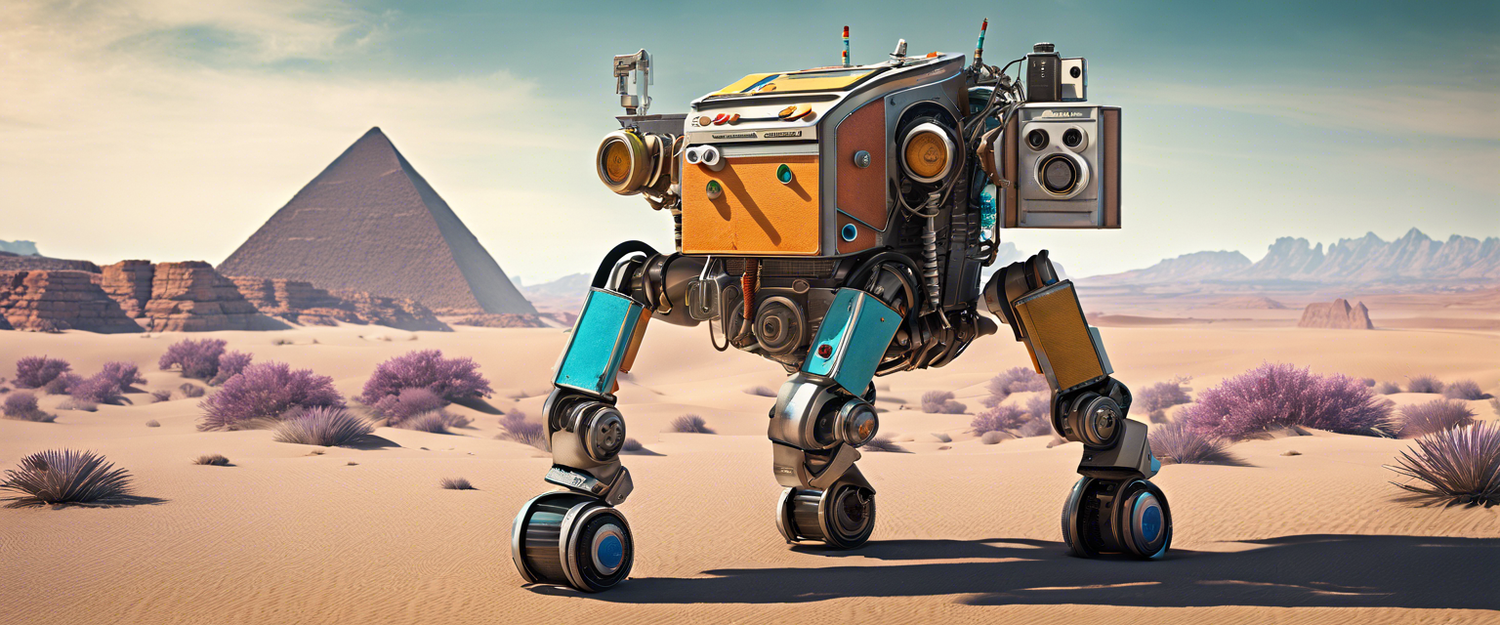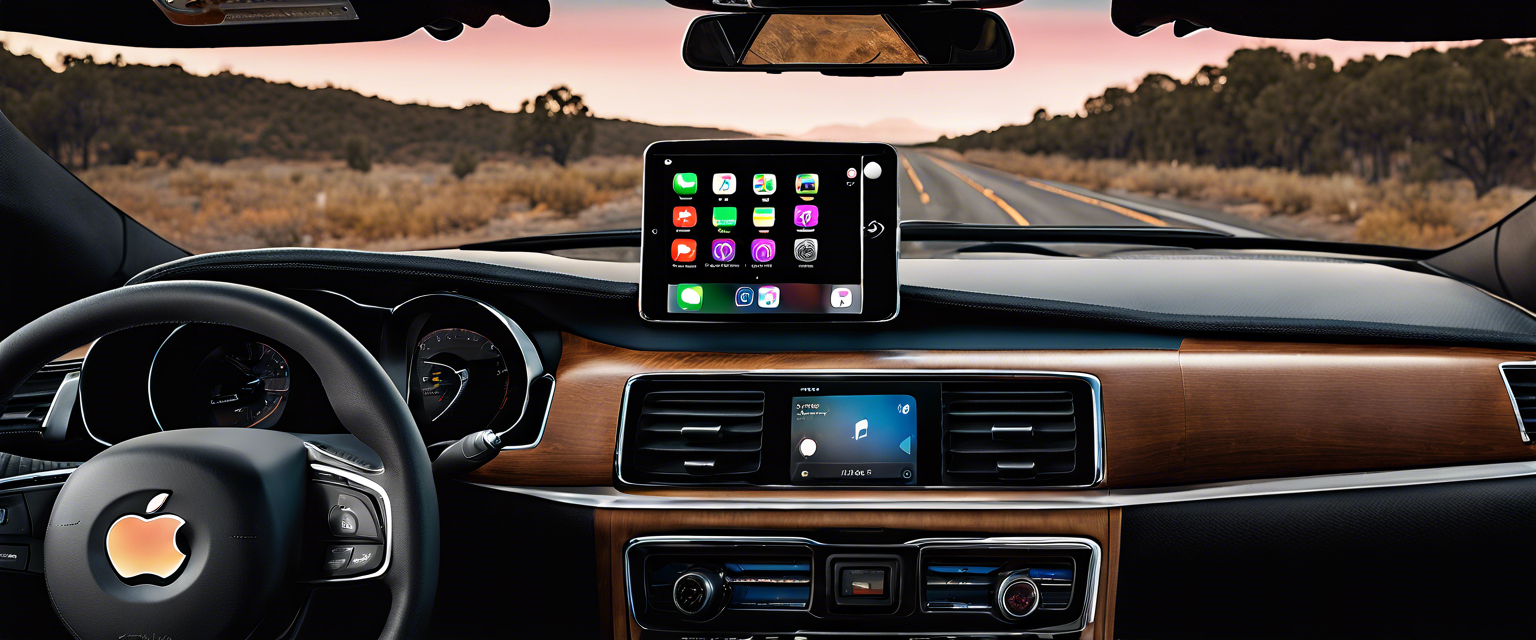Controversy Surrounding Anthropic's ClaudeBot Web Crawler
The ClaudeBot web crawler, utilized by Anthropic for scraping training data for its AI models, has sparked significant controversy after it reportedly bombarded iFixit’s website with nearly a million requests within a single day. This behavior raises serious questions about the crawler’s compliance with iFixit’s Terms of Use.
iFixit CEO's Response to Unauthorized Scraping
In a strong response, iFixit CEO Kyle Wiens took to X (formerly Twitter) to highlight this breach, posting pertinent images that demonstrate ClaudeBot acknowledging the restriction on accessing iFixit’s content. Wiens articulated the company's frustration regarding the situation, stating, "If any of those requests accessed our terms of service, they would have told you that use of our content is expressly forbidden. But don’t ask me, ask Claude!" He further emphasized, "You’re not only taking our content without paying, you’re tying up our devops resources."
Technical Implications of Excessive Crawling
Wiens elaborated on the significant impact of these excessive requests, which activated alarm systems intended to protect their infrastructure. "The rate of crawling was so high that it set off all our alarms and spun up our devops team," he explained to The Verge. As one of the most visited sites on the internet, iFixit is accustomed to handling web crawlers; however, the activity level exhibited by ClaudeBot was unusual and excessive.
Terms of Use and Compliance Issues
According to iFixit’s Terms of Use, any reproduction, copying, or distribution of content from their website is strictly prohibited without prior written permission. This restriction explicitly includes the training of AI models. Despite this, in a response to inquiries from 404 Media, Anthropic referred back to a FAQ page insisting that its crawler can only be obstructed through a robots.txt file extension.
Implementation of Crawl-Delay
Following these events, iFixit has added a crawl-delay extension to its robots.txt file. "Based on our logs, they did stop after we added it to the robots.txt," claimed Wiens. An Anthropic spokesperson confirmed this compliance, stating, "We respect robots.txt and our crawler respected that signal when iFixit implemented it." This development suggests a temporary resolution to the issue between iFixit and Anthropic.
A Wider Issue: Experiences from Other Websites
This incident is not an isolated case, as other website operators, like Read the Docs co-founder Eric Holscher and Freelancer.com CEO Matt Barrie, have reported similar issues with Anthropic's web crawler. Users on platforms like Reddit have also voiced concerns, citing a notable increase in scraping activity attributed to ClaudeBot earlier this year. The Linux Mint web forum, for instance, noted that its site experienced an outage due to excessive load from ClaudeBot.
Limitations of Robots.txt for Web Scraping Control
The reliance on robots.txt files for controlling web crawler behavior is a contentious topic within the industry. While many AI companies, including OpenAI, employ this method, it offers minimal flexibility to define different scraping conditions. Moreover, companies like Perplexity have reportedly ignored these exclusions outright. Despite the challenges, some organizations, like Reddit, have begun implementing stricter controls on web crawlers to protect their data integrity.
Conclusion: The incident involving Anthropic’s ClaudeBot scraping iFixit highlights ongoing tensions between AI training practices and website owners’ rights to protect their content. This situation urges further discussions on best practices for data use and ethical AI training.


Leave a comment
All comments are moderated before being published.
This site is protected by hCaptcha and the hCaptcha Privacy Policy and Terms of Service apply.